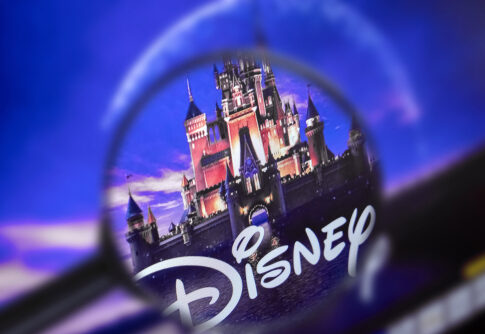Tony Gilroy recently clarified that the acclaimed Star Wars series was not conceived as a vehicle for left-wing ideology, despite its politically charged themes. Gilroy acknowledged the show’s political nature while emphasizing that his storytelling draws from historical revolutions and authoritarian regimes rather than contemporary partisan politics. Has the series “Andor” explored the Israel-Palestine situation?
Gilroy Rejects Partisan Labeling
“Andor” creator Tony Gilroy has firmly denied crafting the Star Wars prequel series with a specific left-wing agenda. In a recent conversation with New York Times columnist Ross Douthat, Gilroy emphasized that while the show is undeniably political, it wasn’t designed to advance particular partisan viewpoints.
The acclaimed showrunner acknowledged drawing inspiration from his extensive study of historical revolutions and authoritarian regimes throughout world history. Rather than mapping the Empire and Rebellion to contemporary American political divisions, Gilroy aimed to explore universal themes of power, resistance, and moral compromise that resonate across ideological boundaries.
Tony Gilroy says that ANDOR isn’t a left-wing show
“I never think about it that way. It was never- I mean, I never do. I don't.”
(Source: https://t.co/yBlKF4YxIc) pic.twitter.com/GWGPaEqEbm
— Star Wars Holocron (@sw_holocron) June 6, 2025
Controversial Political Parallels
Despite Gilroy’s intent to avoid direct modern political allegories, “Andor” has drawn attention for scenes that some viewers interpret as commentary on current global conflicts. The second season notably depicts an occupied civilian population being massacred while their cries for help are dismissed by Empire-controlled media that labels them as terrorists.
The series features a powerful moment where Senator Mon Mothma explicitly condemns an Imperial attack on the planet Ghorman as “unprovoked genocide.” This unusually direct language for a Disney+ production has prompted discussions about whether the show is referencing real-world situations, particularly the ongoing conflict in Gaza.
#Andor creator Tony Gilroy: “I’m writing about how I feel about all the revolutions, about all the insurrections. People legitimately fail to recognize how puny their individualism is. The narcissistic belief that you live in some unique time — it’s shocking. We all do it. I do… pic.twitter.com/Z6ug4liNq1
— Variety (@Variety) May 13, 2025
Star Wars’ Political Heritage
While “Andor” may represent Disney’s most politically complex Star Wars offering, the franchise has always incorporated political themes. George Lucas originally modeled the original trilogy partially on historical conflicts like the Vietnam War, with the Empire drawing inspiration from authoritarian regimes.
The series builds upon this tradition but takes a more nuanced approach by exploring the compromises made by both sides in a revolution. Characters like Luthen Rael embody this complexity with lines such as “I burn my decency for someone else’s future,” highlighting the moral sacrifices required in resistance movements.
The show’s treatment of radicalization, occupation, and media manipulation creates a politically rich narrative that examines how ordinary people become revolutionaries. By focusing on these universal dynamics of power and resistance rather than specific partisan positions, Gilroy has created a politically engaging story that potentially appeals across ideological lines while remaining firmly grounded in the Star Wars universe.
Sources:
- In Andor, the real world political parallels are impossible to ignore | US television | The Guardian

